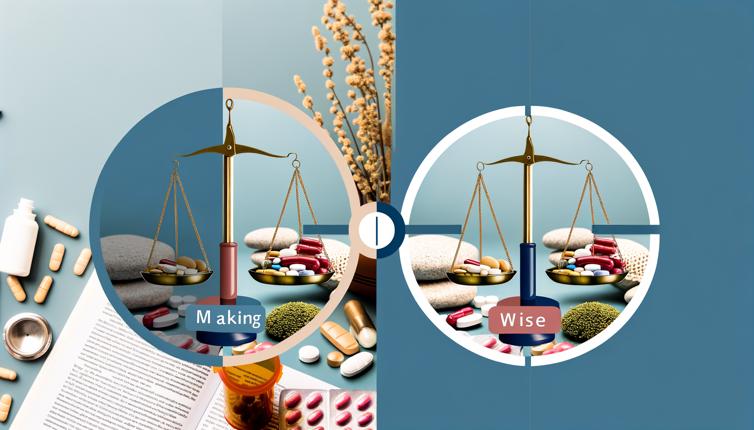Research and Consultation
Before starting a new prescription medication, it is important to do thorough research. Look for reliable sources such as medical journals, government websites, and trusted healthcare professionals. Only rely on information from reputable sources to ensure accuracy.,Additionally, consulting with your healthcare provider is vital. They can provide you with personalized advice based on your medical history and current condition. Discuss any concerns or questions you may have about the medication.
Understanding the Medication
Read the medication label and package insert carefully. Pay attention to the active ingredients, dosage instructions, and any warnings or precautions. Familiarize yourself with common side effects and potential drug interactions.,If there are any terms or concepts you don't understand, don't hesitate to ask your healthcare provider for clarification. It is important to have a thorough understanding of how the medication works and what to expect during the treatment period.
Assessing Risks and Benefits
Evaluate the potential risks and benefits of the medication. Consider the severity of your condition, the effectiveness of the drug, and any potential long-term effects. Your healthcare provider can help you weigh the pros and cons based on your individual circumstances.,It is also important to assess the risks of not taking the medication. Understanding the potential consequences of untreated or undertreated medical conditions can help you make an informed decision.
Conclusion
Making informed choices about prescription medications is crucial for your health and well-being. By conducting research, consulting with healthcare professionals, and understanding the medication and its risks and benefits, you can make the best decisions for your healthcare journey.









